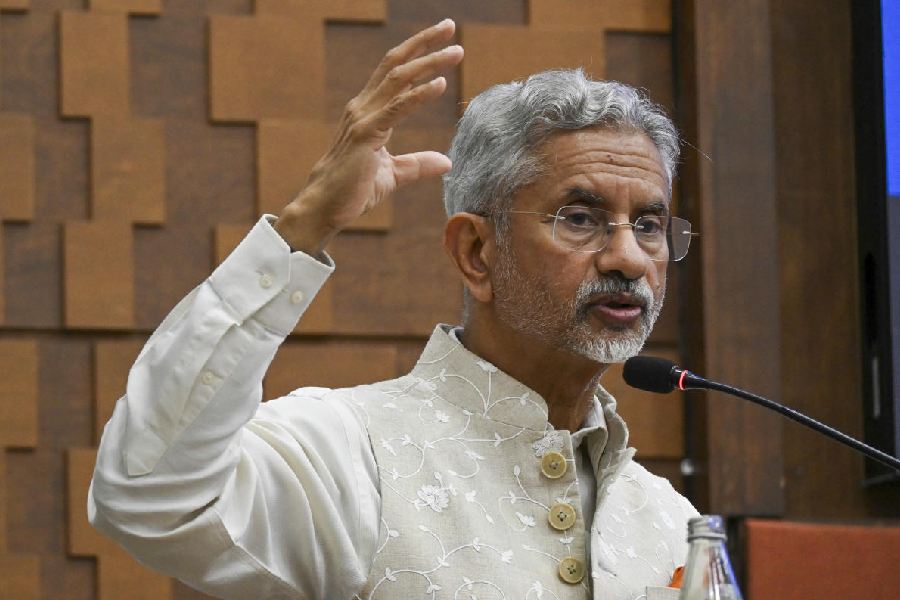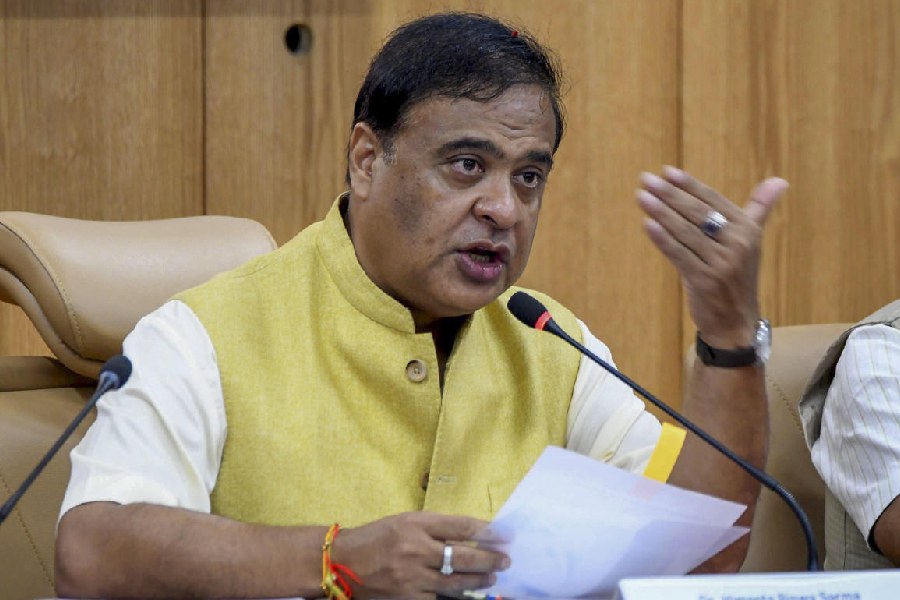In recent comments, the external affairs minister, S. Jaishankar, questioned India's historical approach towards Israel and suggested that it had been shaped for decades by vote bank politics. While no political party has a monopoly over myth-making during election campaigns, these comments by the veteran diplomat-turned-apparatchik of the Bharatiya Janata Party betray a disregard for context and facts and point to a dangerous revisionism in foreign policy. In a speech in Hyderabad, Mr Jaishankar asked why India, which recognised Israel in 1950 — two years after its creation — did not establish full diplomatic relations with that country until 1992. He asked why it took until 2017 for an Indian prime minister, Narendra Modi, to visit Israel. He suggested that faith and vote bank politics were the answers to these questions; in effect, arguing that a desire by Indian political leaders to pander to Indian Muslim sentiments was why India only set up an embassy in Israel in 1992 and avoided a prime ministerial visit for another 25 years. In truth, evidence suggests that the factors that shaped — and continue to shape — India's foreign policy towards the Middle East are far more complex than those that might make for punchy sound bites.
A few counter questions best illustrate the hollowness of Mr Jaishankar's suggestions. Why did China, with only a miniscule Muslim population, establish full diplomatic relations with Israel only in 1992? Why did most newly-independent African nations, many with only small Muslim populations, sever ties with Israel after the 1973 Arab-Israeli War? Why is Mr Modi's government working overtime to strengthen ties with undemocratic Arab regimes like Saudi Arabia and the United Arab Emirates? The answer to all of these questions, including the ones Mr Jaishankar dangled, are not vote bank politics but strategic geopolitics. The Palestinian cause held a deep resonance for newly-decolonised nations and India, like China, had to be in consonance with a group of nations it hoped to lead. Cold War politics and the Non-Aligned Movement, which has been critical of Israel, deepened those fault lines. India was — and remains — dependent on oil from the Middle East where most nations were deeply hostile to Israel. The early 1990s, with the end of the Cold War and the arrival of the Oslo Accords, changed those equations for Arab nations, China and India. Mr Jaishankar knows this. India deserves better from him.










